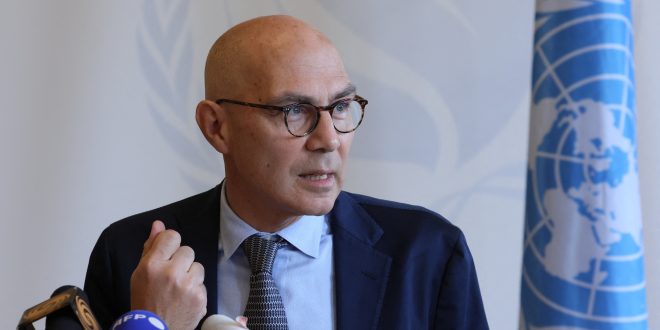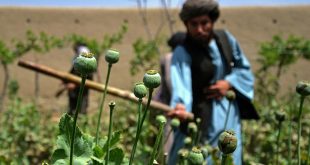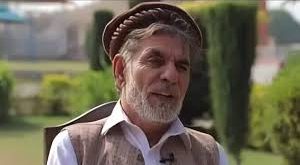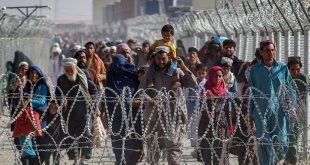AT News
KABUL – In a stark address to the 54th session of the Human Rights Council, Volker Türk, the United Nations High Commissioner for Human Rights, has issued a grave warning about the deteriorating state of human rights in Afghanistan and condemned “Taliban’s systematic assault on freedom. Türk’s remarks come as a distressing reminder of the prolonged suffering endured by the Afghan people.
Türk outlined a litany of restrictions that Afghan women and girls endure, including bans on education, mandatory hijab, and limitations on public activities. These restrictions extend to the UN, contravening the principles of equality, human rights, and humanitarian response. Those who do not comply with these rules face arbitrary arrest, detention, harassment, and even physical violence.
In recent weeks, female students were prevented from traveling to Dubai for their studies due to the absence of male chaperones, highlighting the extreme measures taken by the authorities.
Türk underscored that Afghanistan’s stability and prosperity hinge on the participation of its entire population. Denying women and girls their rights not only violates human rights but also hampers the nation’s development by depriving it of their valuable contributions.
Over the past two years, Afghanistan has witnessed a systematic erosion of the laws and institutions that once protected human rights. The suspension of the Constitution and the issuance of edicts in place of consultative processes have left the legal framework in disarray. Crucial safeguards for women’s protection and media freedom have been suspended, and the Afghanistan Independent Human Rights Commission has been disbanded.
Corporal punishments, public executions, extrajudicial killings, torture, arbitrary arrests, and detentions have returned, with little accountability for the perpetrators. The criminal justice system faces challenges in upholding procedural safeguards and capacity constraints.
The suppression of the media represents a grave attack on freedom of expression and opinion, with journalists forbidden from publishing content contrary to the authorities’ religious interpretation. Women journalists must cover their faces during broadcasts, and the screening of certain films and soap operas has been banned.
Civil society and dissenting voices face similar constraints, with arbitrary arrests and detentions used to silence opposition.
Türk stressed the importance of the United Nations Assistance Mission in Afghanistan’s human rights component in raising individual cases and urging compliance with international law. He called on the international community not to abandon the people of Afghanistan and to address economic challenges while ensuring sanctions do not hinder humanitarian aid.
Türk urged influential states to help reverse the current trajectory, emphasizing that the situation poses not only a threat to human rights but also to the country’s future development and security.
In conclusion, Türk called on states to support the UN’s work on the ground to protect and bear witness to the Afghan people during this critical time. He implored the de facto authorities to fundamentally change course and restore Afghanistan to the international order, built on principles of human rights and inclusivity.
 Afghanistan Times
Afghanistan Times




